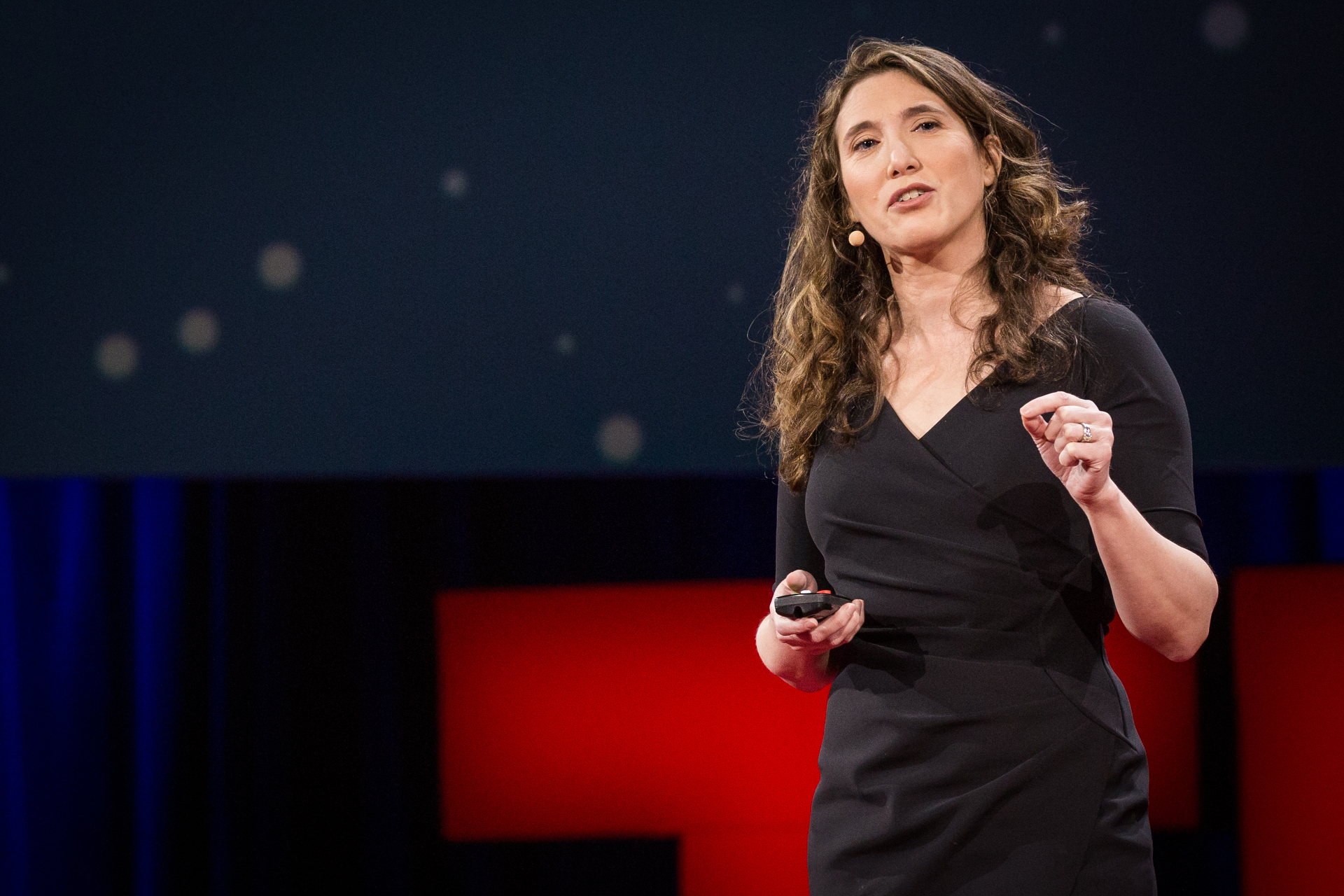Why do so many people today experience parenthood like a kind of crisis? That’s the question Jennifer Senior sets out to answer on the final day of TED2014.
The parenting section of Barnes & Noble is packed with books for eco-friendly kids, gluten-free kids, science-minded kids. For Senior, those shelves don’t seem helpful — they seem anxious. She says, “I see a giant candy-colored monument to our collective panic.” It sounds dramatic, but indeed studies show that there’s a clear pattern today: Parents experience more stress than non-parents, and marital satisfaction is lower. She quotes psychologist Matthew Killingsworth about parenting today: “Interacting with your friends is better than interacting with your spouse, which is better than interacting with other relatives, which is better than interacting with acquaintances, with is better than interacting with parents, which is better than interacting with children. … Who are on par with strangers.”
Senior believes there is something unique about parenting today. Things are changing so quickly, and there simply is no script. First, historically kids were an economic asset. Parents provided food and shelter, and children worked to bring home money. “The old arrangement may not have been ethical, but it was reciprocal,” says Senior. Today with children in school instead of at work, they are in one sociologist’s cynical words, “Economically worthless but emotionally priceless.”
It would be easier to know what to prepare kids for, says Senior. When she was young, people thought Japanese would be absolutely essential to success — and that hasn’t turned out to be true. Today many believe the same about Mandarin. Says Senior, “If we can’t anticipate for the future, we prepare our kids for every possible kind of future we can think of, hoping just one pays off.” Parents send their kids to chess for analytical skills and team sports for collaborative skills, raise them to be financially savvy, science-minded, eco-friendly, gluten-free. Jokes Senoir, “I was not eco-friendly or gluten-free as a child. I ate jars of puréed macaroni and beef. I’m doing okay.” But the assumption for many parents today is that what worked for them and their parents isn’t good enough. “Because if we aren’t trying everything, it’s as if we’re doing nothing,” says Senior.
To make things worse add the shifting roles of husbands and wives. Consider the fact that women now have less time to spend at home — and men are still mono-tasking. Mothers, says Senior, still do twice as much childcare as fathers. And if you think traditional families have it bad — families with two fathers or two mothers, and single parents are really improvising as they go, says Senior.
Most parents see themselves as custodians of their children’s self-esteem, says Senior. A universally agreed upon mantra is: “All I want is for my children to be happy.” But Senior sees happiness as an elusive goal. It’s not a skill, there’s no curriculum. “Happiness and self-confidence,” she says, “Can be the by-products of others things but cannot be goals in themselves.” It’s an unfair burden for children as well as parents. Instead, she says, parents should “focus on producing productive and moral kids — and simply hope that happiness comes to them by virtue of the good they do and the love they feel from us.” In the absence of a script, she says, follow the old ones: decency, work ethic, love.

Comments (10)
Pingback: Parenting Modern | Anakku Harapanku Dunia Akhiratku
Pingback: Parenting Modern | Anakku Harapanku Dunia Akhiratku
Pingback: Parenting Modern | Anakku Harapanku Dunia Akhiratku
Pingback: Parenting Modern | Anakku Harapanku Dunia Akhiratku
Pingback: Parenting Modern | Anakku Harapanku Dunia Akhiratku
Pingback: Modern Ebeveynlik Krizi | eğitimpedia
Pingback: Parenting Modern | Anakku Harapanku Dunia Akhiratku
Pingback: Expert Editions vol.10: How to be a confident parent – Motherhood: The Real Deal
Pingback: Emotions of Boy Who Learns He’ll Be a Big Brother | Plato on-line